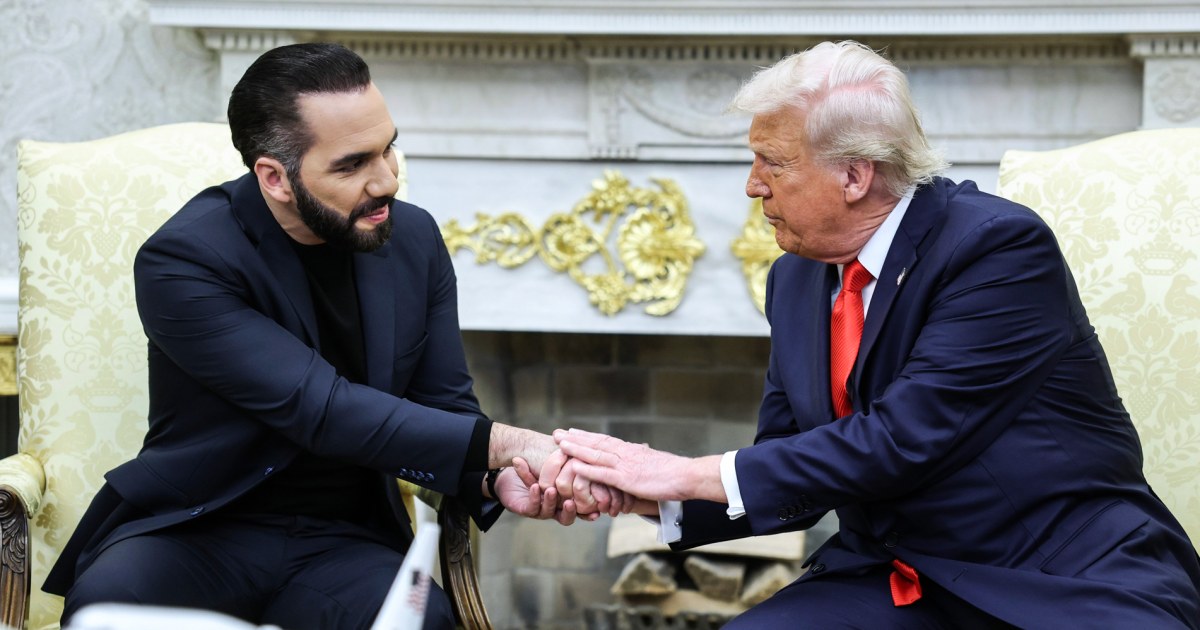
El Salvador Stands Firm: Bukele Refuses U.S. Request on Kilmar Abrego Garcia
So here’s what’s happening — and it’s causing some serious waves in international circles. El Salvador's President Nayib Bukele has made it crystal clear: Kilmar Abrego Garcia will not be sent back to the United States. This isn't just a quiet diplomatic decision either; Bukele’s stance is loud, deliberate, and it’s already drawing attention on both sides of the border.
Now, Kilmar Abrego Garcia was mistakenly deported from the U.S. to El Salvador. You heard that right — mistakenly. We're not talking about a routine immigration case. Somehow, through an error in the system, Garcia ended up being deported, and now Washington wants him returned. But Bukele has said no. Plain and simple. He’s drawing a line, and the message behind that line is bigger than just one individual.
Also Read:- Antoni Gaudí, “God’s Architect,” Moves Closer to Sainthood
- Sharks Face Off Against Canucks Amidst Roster Shakeups and NHL Debuts
This refusal isn’t just about bureaucratic confusion or paperwork — it’s political. Bukele is asserting national sovereignty in a bold and unapologetic way. By rejecting the U.S. request, he’s essentially saying, “We’re not a dumping ground for your mistakes.” In a region where U.S. influence has loomed large for decades, Bukele is challenging that power dynamic head-on. And let’s be honest, this plays perfectly into his image at home — the strongman president who doesn’t take orders, even from Washington.
What’s especially fascinating is the timing. With ongoing debates about immigration, deportation policies, and human rights, this situation adds yet another layer. It also raises serious questions: How did a mistaken deportation even happen? Who’s accountable? And more importantly, what’s going to happen next?
From a legal standpoint, the U.S. may try to pursue diplomatic channels, but Bukele’s tone doesn’t suggest he’s willing to backpedal. This could set a precedent, especially if other countries see El Salvador stand up and decide to follow suit.
So, whether you agree with Bukele’s approach or not, one thing’s for sure — he’s sending a message. And the world is definitely listening.
Read More:

0 Comments